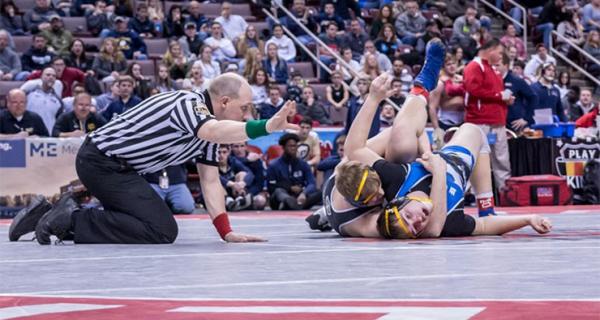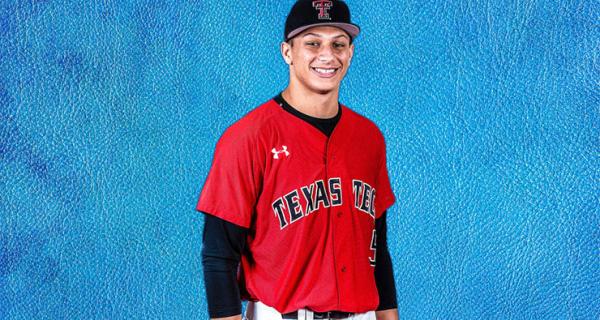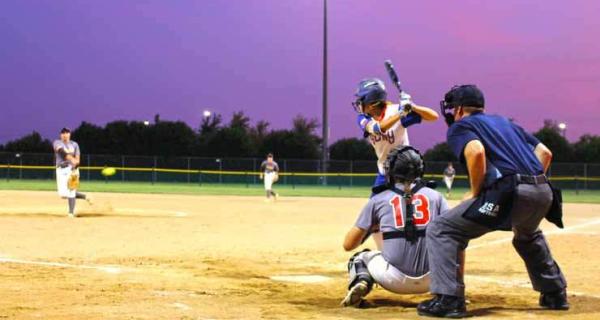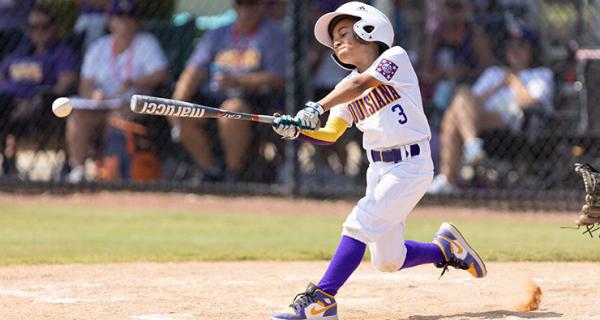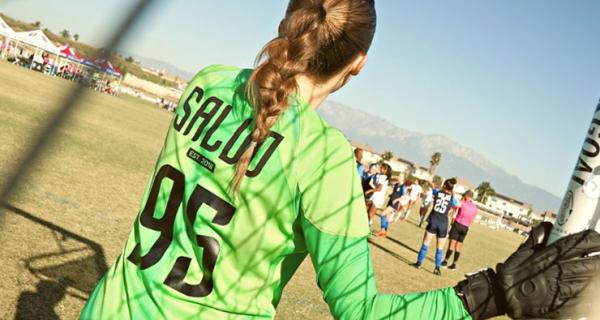Sports Management 101 in Today’s Competitive Environment
As KemperSports moves into youth and travel competitions, its senior VP discusses the growth opportunities and challenges facing planners and suppliers.
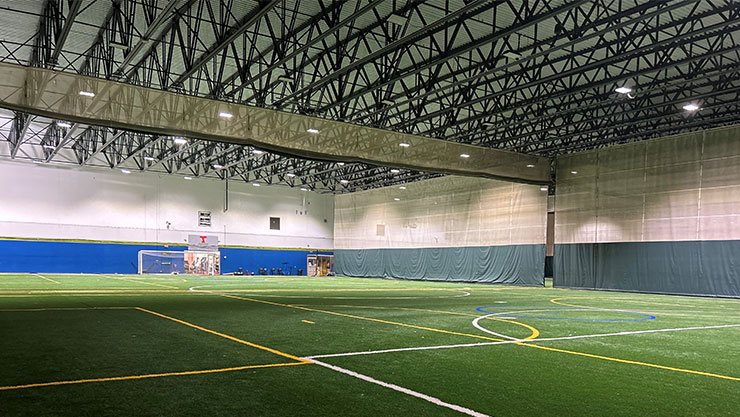
KemperSports recently won the contract to manage North Shore SportsCenter, located in Northbrook, Ill. in the Chicago area. Taking over the 100,000-sq.-ft. facility marks a pivot of sorts for the 40-year old company. Event management and hospitality are nothing new for KemperSports–its portfolio of golf courses and tournaments is impressive–but Steve Goris, senior vice president of KemperSports Venues, says the increased focus on youth and recreational sports is intentional.
Just as occurred with the Great Recession, youth sports championed the return to live events during COVID. With the pandemic over, there is not a foreseeable obstacle to keep sports tourism from becoming an even larger industry.
Beyond its experience running events and facilities, KemperSports has a head start into the space through a partnership with 3STEP Sports. As the country’s largest youth sports events operator, 3Step’s reach includes 2,500 events, 143 brands, and more than 1.1 million participants in nine sports.
Goris, who has an active role in both companies, sat down with Connect Sports to discuss KemperSports’ big play into youth sports and general trends regarding sports tourism.
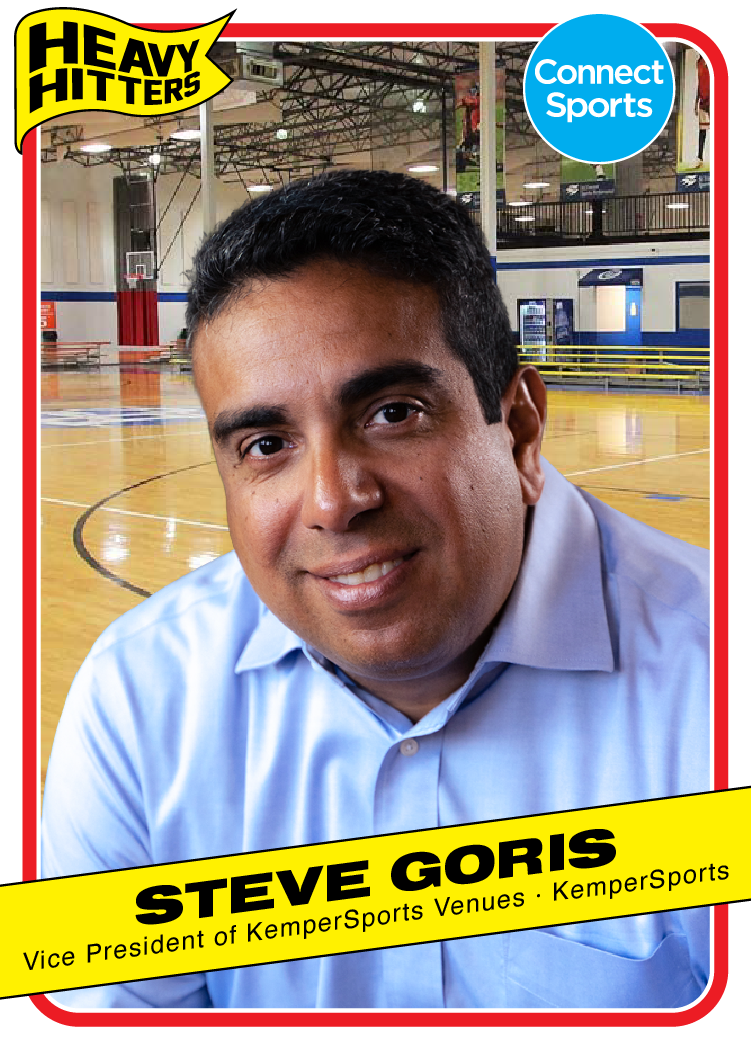
How has KemperSports been involved in youth sports prior to this new push?
We’re not strangers to the game by any means. It hasn't been our priority, per se, over the years but municipalities and private sector clients have asked us to manage ice rinks and fields and baseball diamonds in the past and we have done it. It's just a new focus to take advantage of the growth in the space.
What’s the difference in general event management vs. youth sports?
The core competency is really the same. I don't think it's a big departure from what we have done historically. The biggest difference is just on the programming end. We have to offer a more diverse set of programming to fill these facilities. Our events range from tournaments to community events, just like breakfast with Santa Claus or other recreational type activities like Parents Night Out. That makes us diverse.
As the emphasis has shifted to the travel and experience side of sports tourism, what should planners and suppliers offer?
I think we've gotten a lot smarter over the years about how we schedule events and where we schedule events. Certainly, we want to be in locations where we know we can attract folks into our events, but we know that our participants are getting more and more picky and destinations and things to do within the destinations. They don't want to go and sit in a hotel anymore. They want to eat at restaurants and go shopping and be entertained. So we need to see an ecosystem for that. Then, I think it's partnering with municipalities and CVBs to talk about those experiences and look at how we schedule our events and competitions in order to allow time for people to experience those to elongate that experience. We also to make sure we're getting information into the hands of our participants prior to traveling so they can start to plan their stay.
Beaches are certainly popular destinations for youth sports events, but are there other attractions you notice sparking interest?
Little sister, brother, grandma or aunts or uncles, want to try to experience different things off the field. So yeah, beaches are certainly good destinations, but we see other cool things. You look at things tied to Hall of Fames and tied to historic locations where there could be an educational component. We're seeing a lot of our clubs, certainly on the 3STEP side, like to go to locations where they can see universities and visit those facilities. I don't think it has to be tied to more of the you know, traditional vacation amenities like ziplining, etc. I just think it needs to be tied to a diverse set of entertainment opportunities that are different from what they would experience in their hometowns.
North Shore SportsCenter is in a suburb of Chicago. Do you see events gravitating to suburbs and mid-sized destinations to help save on costs?
We've seen mid-sized cities really thrive in this space, and the impact made through sports tourism in those smaller towns is much larger. Just look at what 30,000, 40,000 or 50,000 room nights means to a mid-market versus in Atlanta, or Vegas or Chicago, where they're doing that every weekend. I like to see those mid-markets kind of competing in the space. I think they have a lot to offer. But again, it's about tying in what else is to do what else there is to do in that destination.
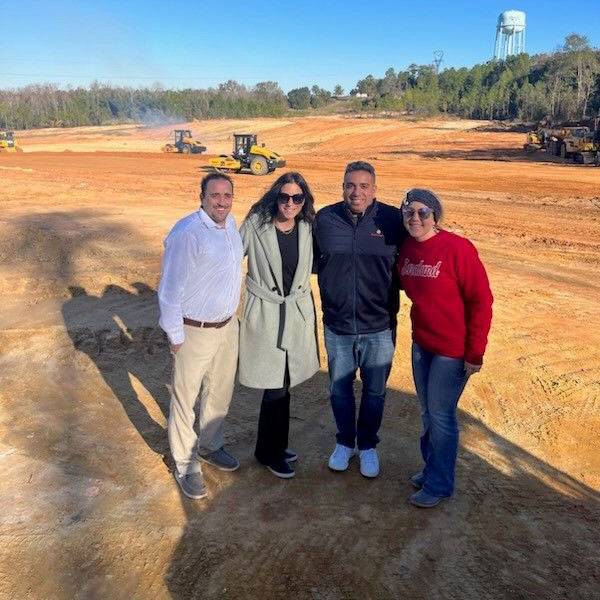
Travel sports is a huge business, but how important are rec sports to facilities and communities?
I would argue that the Monday through Thursday recreational business is just as important for our facilities as our tournaments. We need to drive tournament business in order to get those heads and beds, which is the travel sports piece. But community-focused programming is important not only to our profit and loss statement–there is a lot of space and inventory that we need to fill during the week–but it's also important to the community and giving access to recreation to kids. We've shifted in society to more travel sports, which is great, but there is a large portion of our population that doesn't travel and play competitively.
As a parent of kids who play sports, how do you recommend managing adults’ expectations when signing children up for travel teams?
Education is a lot of it. Getting a college scholarship is not easy, and not a big part of our population gets athletic scholarships to go to college. But it's almost a prerequisite now that you have to play competitive travel sports in order to get one. So we understand the tug of war that naturally happens there.But I think it's on our coaches and our staff to make sure the kids are enjoying that experience and then speaking openly and honestly with our parents and the kids about what their goals should be. We're playing a much broader game, right? We want kids to be champions in life.
What I love about my kid playing sports is that he's a part of a group. I think going through life, if you think about the challenges of going to school and the cliques and bullying, if you're a part of a team it helps with that support group. Hopefully, the lessons they are learning through sports help them navigate life a little bit easier. If they are privileged enough to play at a higher level, that’s great. There's so much better wins than that in my opinion.
Photos provided by KemperSports


